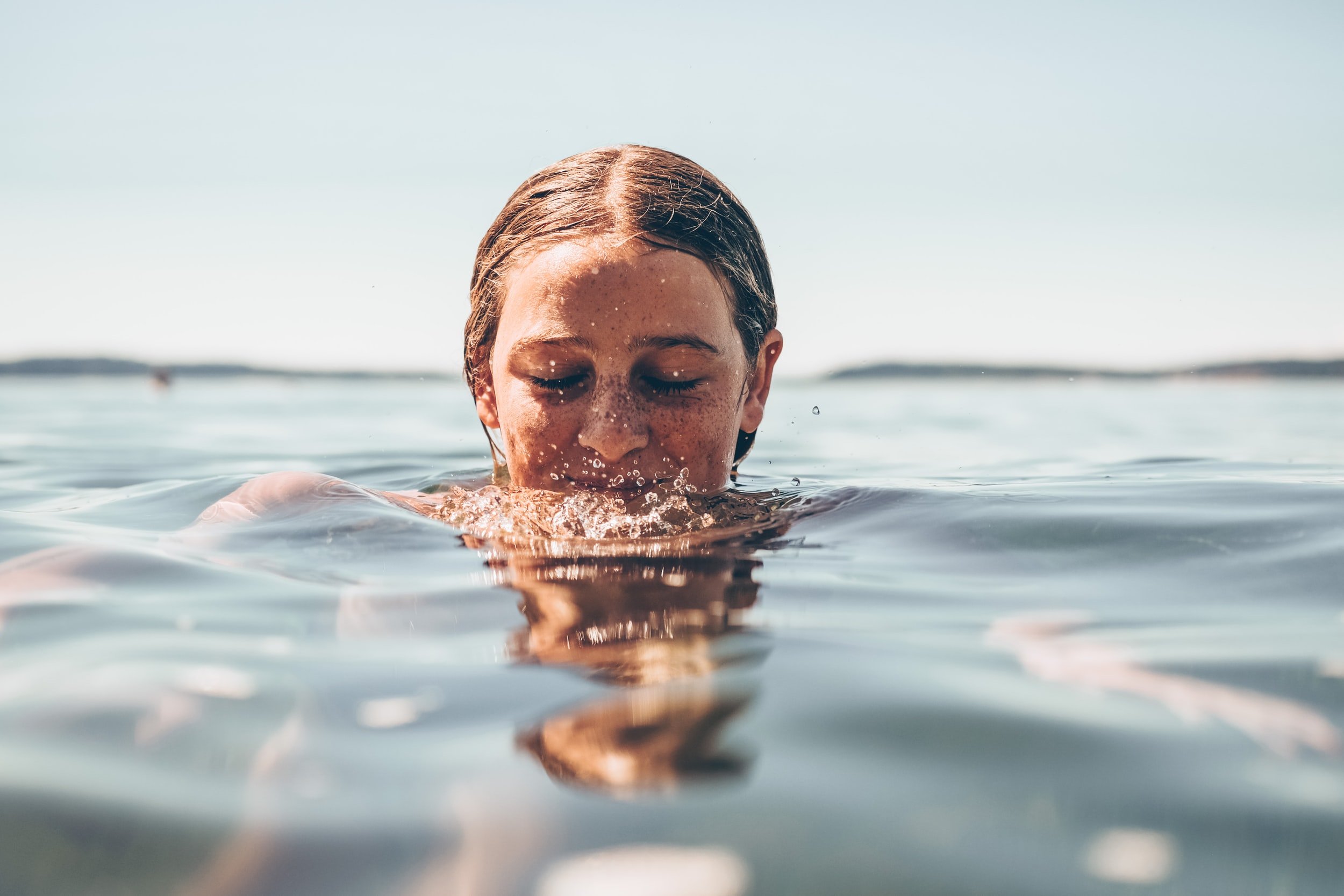
Outdoor Environmental Programs

Estuary Explorations
Bursting with life, the harbors and salt marshes of the Peconic Estuary & Shinnecock Bay are great places for students to experience live animals up close. Nets, aquarium tanks and spotting scopes are some tools we use for observing animal and plant life in the estuary. Students also learn how humans impact these fragile ecosystems and about actions we can take to keep our estuaries healthy and productive.
Ocean Beach Bonanza
Field classes examine both the physical and biological properties of the beach by making observations and gathering data on weather, sand, seawater, and living organisms. Students study the visible horizontal variation in plants of the beaches, dunes and near-shore waters, including their adaptations for survival. Fun beachcombing challenges are integral parts of these field lessons.
Forest Investigation
Students act as nature detectives as they investigate the vertical layers of the forest. This field study focuses on identifying ecological relationships while searching for signs of animal life, discussing the landscape’s cultural history, and examining the importance of decomposition. Students use scientific instruments and scientific inquiry skills to develop an understanding of Long Island forests.
Freshwater Pond Discoveries
Using scientific instruments, students measure physical properties of a freshwater pond such as water temperature, dissolved oxygen and pH. Students look for plant and animal life, and discuss the various adaptations that allow these organisms to survive in this ever-changing freshwater wetland habitat. Freshwater ponds are excellent locations to learn about seasonal changes, adaptations, and ecological relationships.
Shipwreck Island Survival
This interdisciplinary program is a fun way to integrate science, math, language arts, drama, and social studies into an outdoor adventure. Students imagine being shipwrecked and must find elements around the “deserted island” to help them survive. Students divide into smaller groups to create shelter, make solar stills to obtain freshwater, identify local potential food sources, and deal with similar survival challenges.
Customized Field Programs
Group educators will customize a field program on a topic of the teacher’s choice.
FOR MORE INFORMATION, CONTACT STEVE BIASETTI
631-765-6450 X205 OR SBIASETTI@EASTENDENVIRONMENT.ORG
